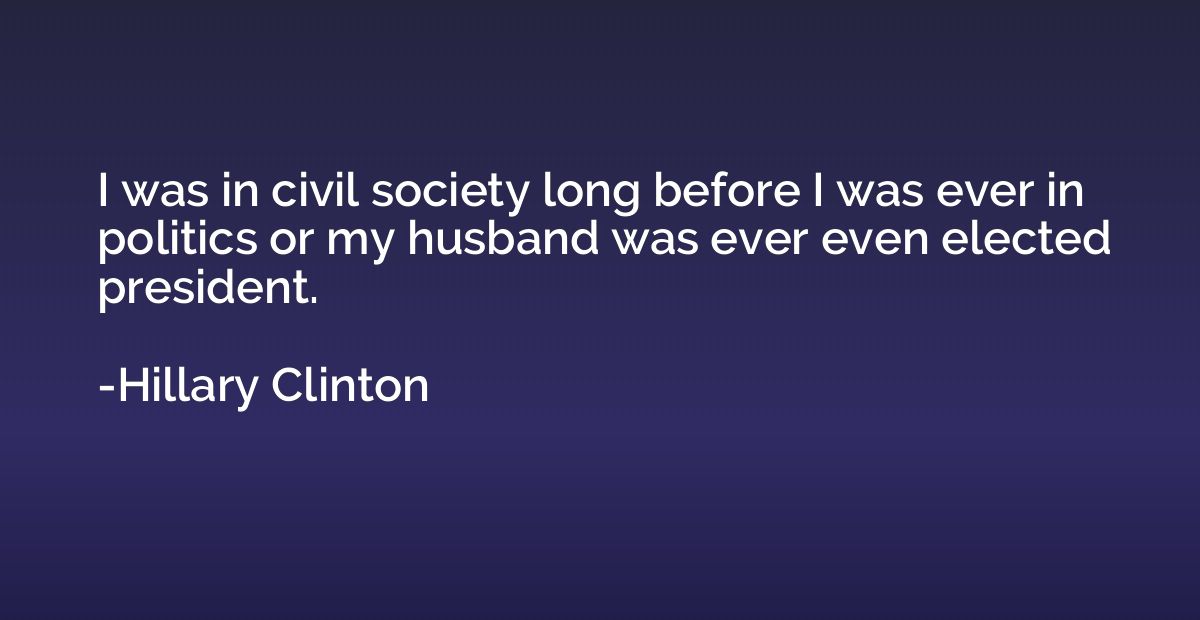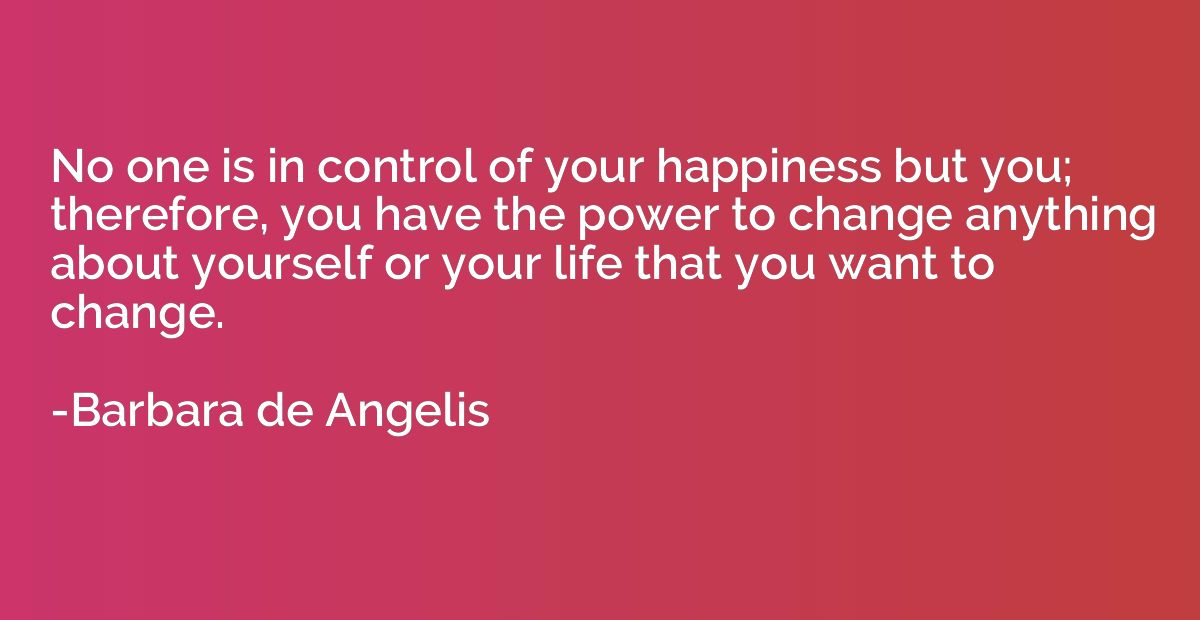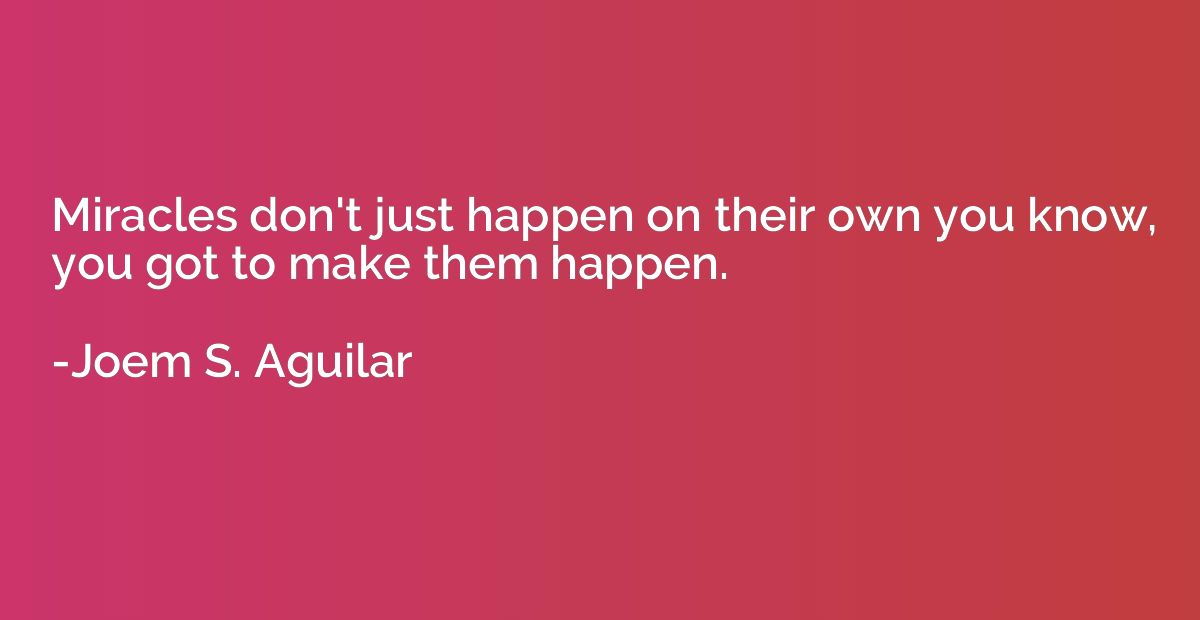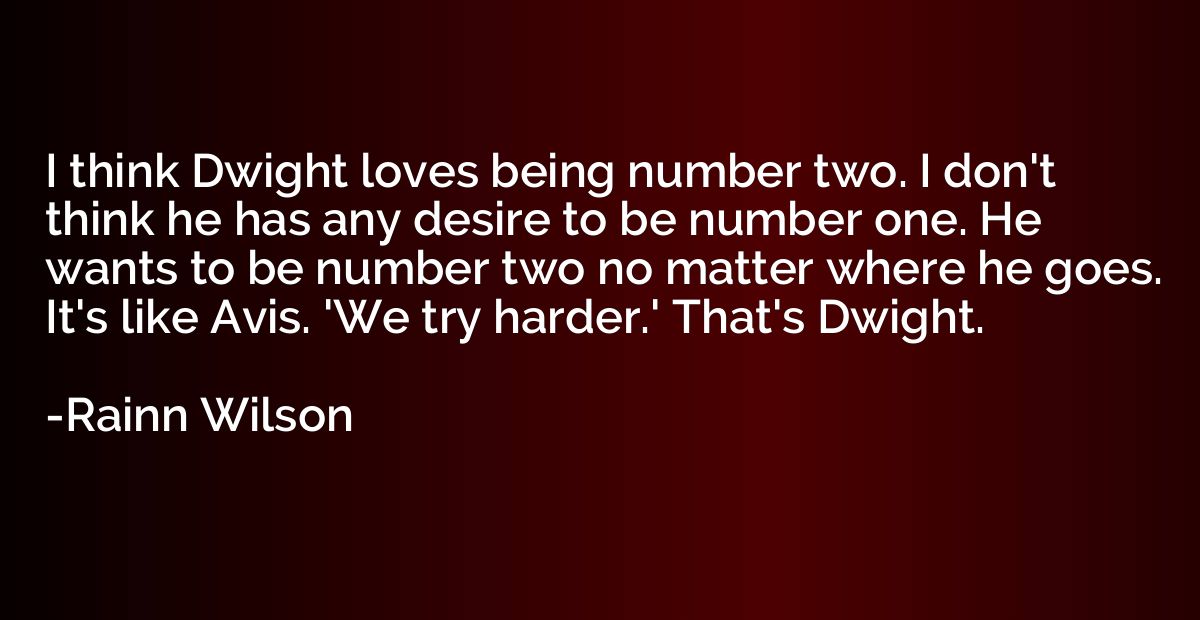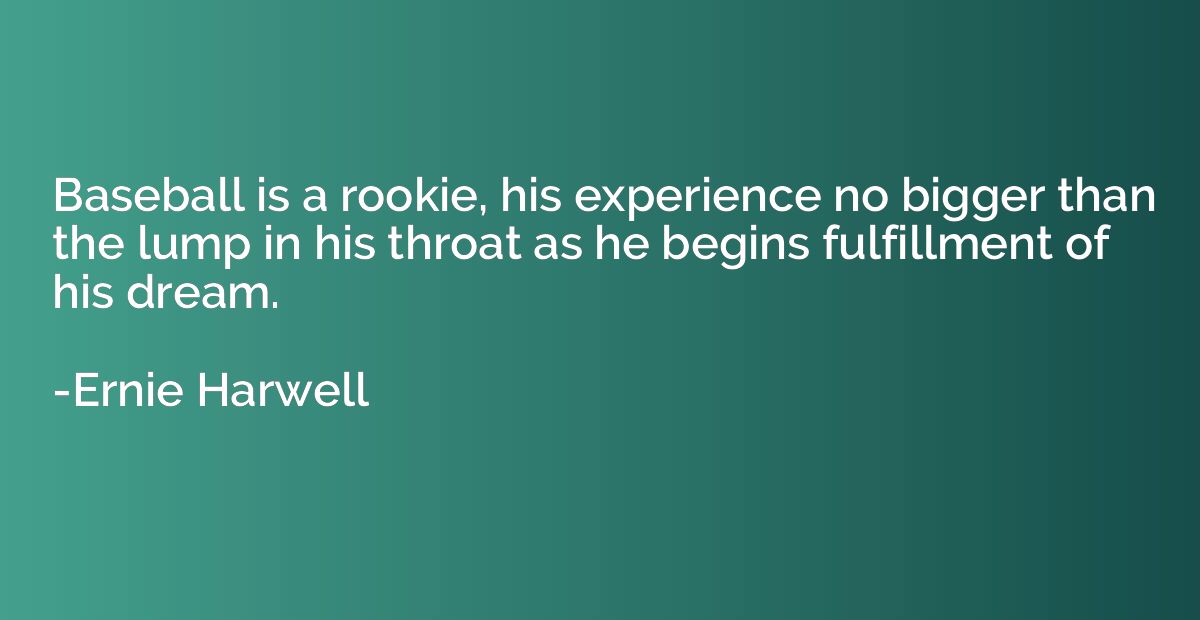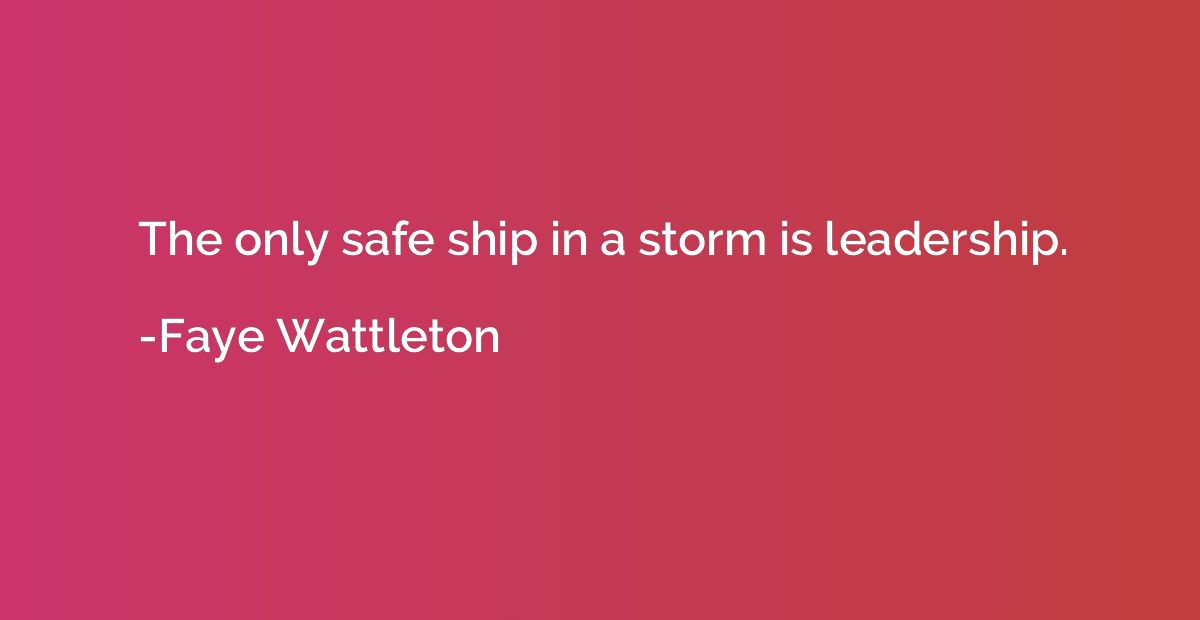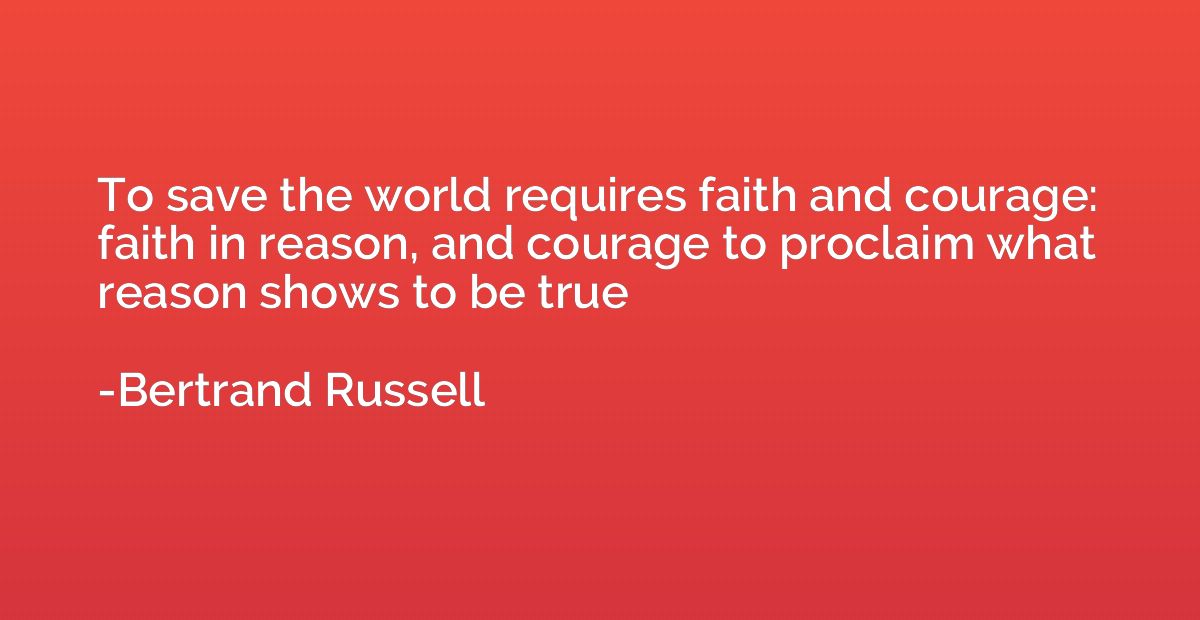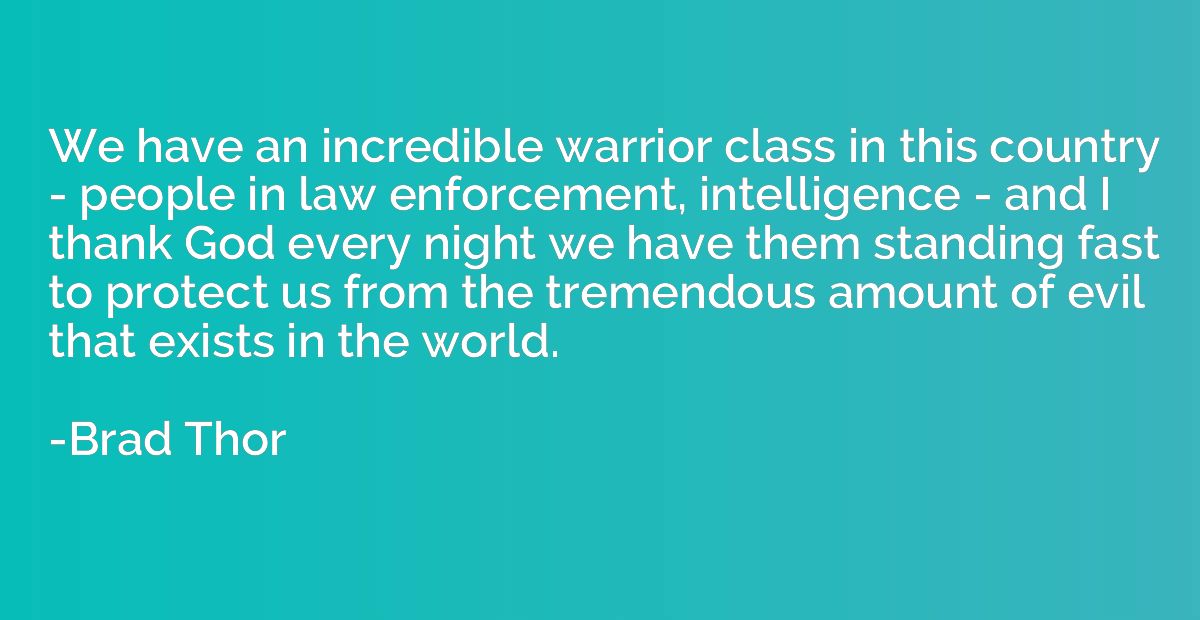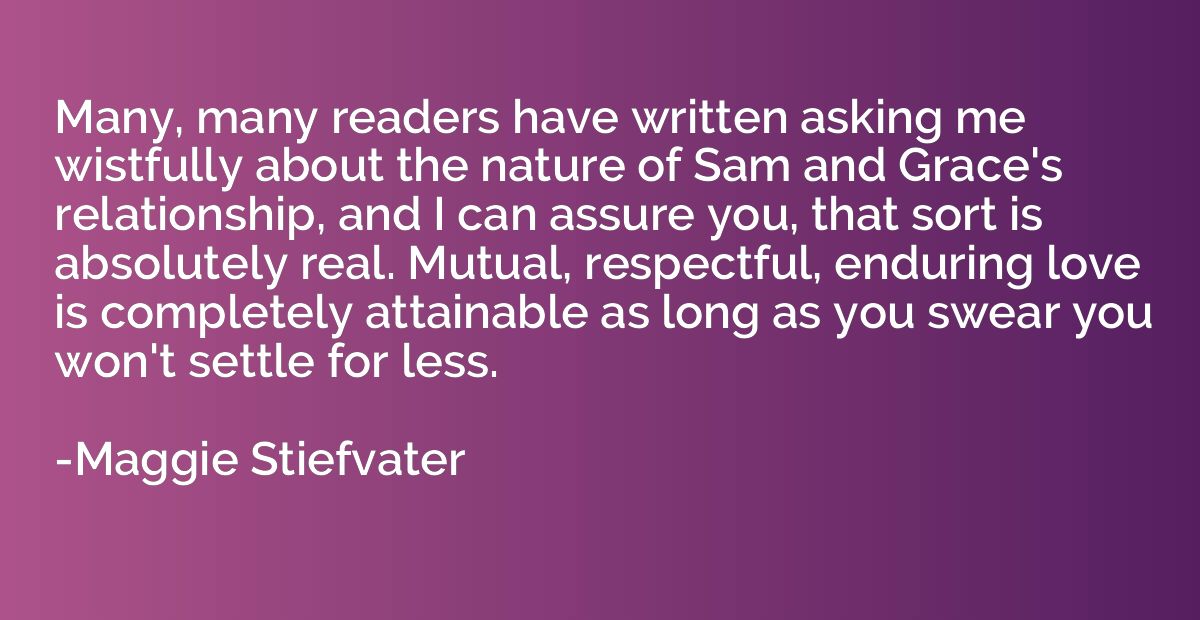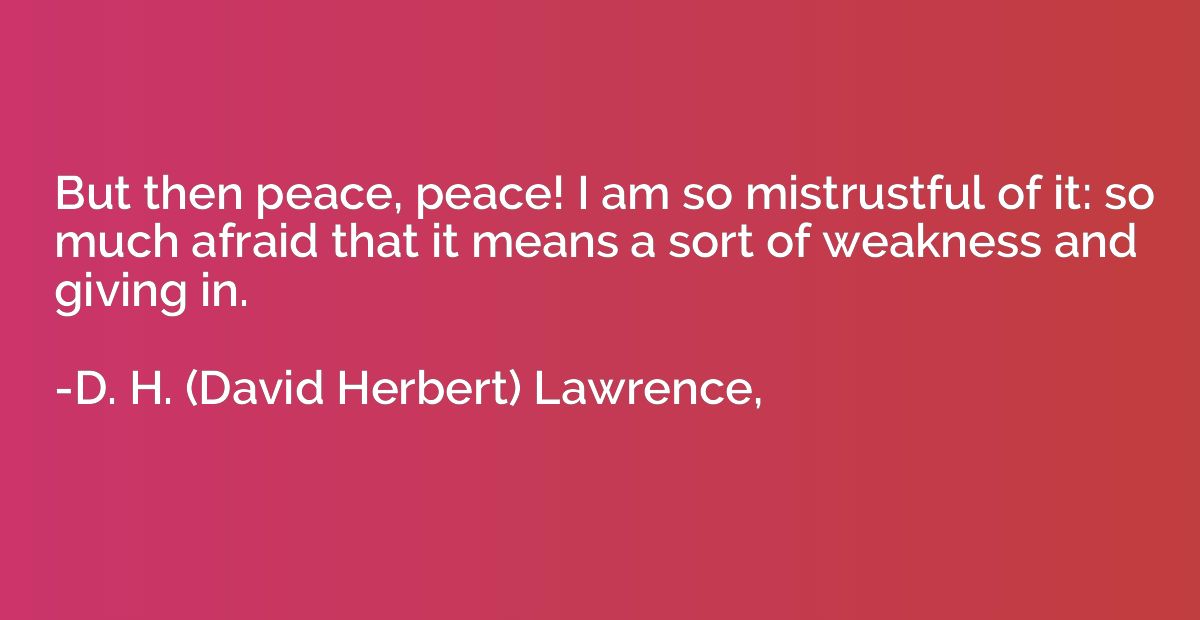Quote by Orson Scott Card
Which is the greater wrong? To hurt the unforgiving one, or hurt the one who has forgiven all?
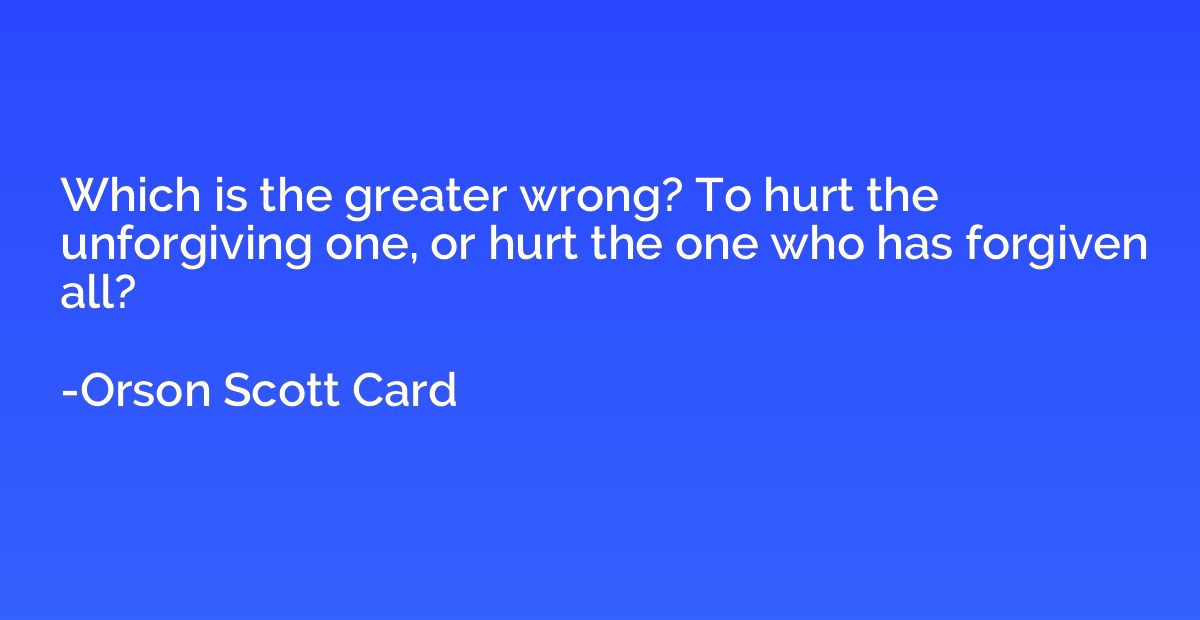
Summary
This quote reflects on the complexities of hurting someone who has forgiven all wrongs versus hurting someone who refuses to forgive. It raises the question of which act is morally worse. On one hand, hurting the unforgiving person may be seen as retaliatory, perpetuating a cycle of negativity. On the other hand, hurting the forgiving individual may be seen as a betrayal of their capacity for compassion. The quote urges contemplation on the nature of forgiveness, the consequences of our actions, and the potential harm we may cause when dealing with these contrasting situations.



